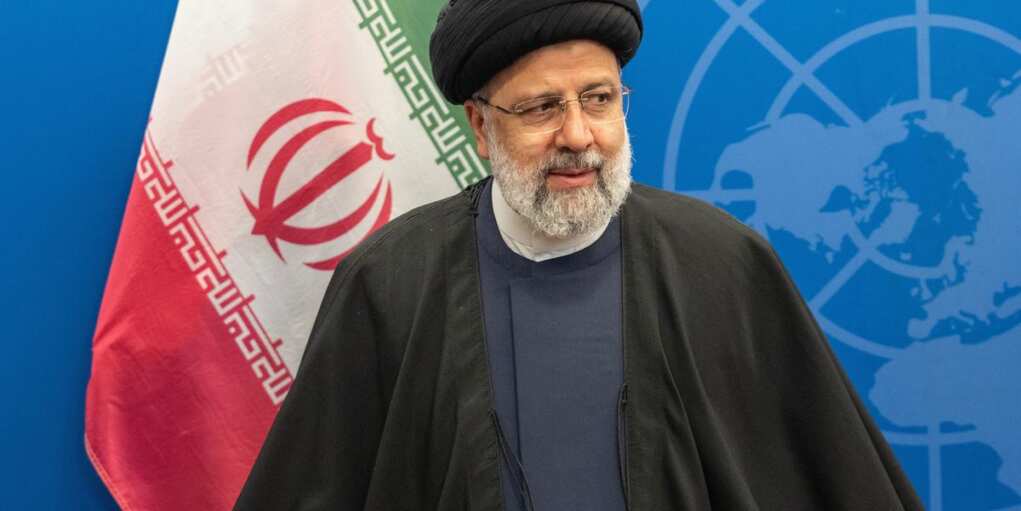Iran Threatens America And Issues Two-Word Insult To Trump

Iran is ramping up its threats against the United States after U.S. forces carried out major airstrikes on Saturday targeting the Islamic regime’s nuclear infrastructure at Fordo, Natanz, and Isfahan. The strike, dubbed Operation Midnight Hammer, drew swift condemnation from Tehran—and a direct threat aimed at President Donald Trump.
Speaking for Iran’s Khatam al-Anbiya Central Headquarters, spokesman Ebrahim Zolfaqari issued a fiery statement that dramatically escalated tensions. In a video message, Zolfaqari declared that American involvement in the conflict had widened the range of Iranian targets—and then addressed the U.S. president in English: “Gambler Trump, you can start this war, but we will be the ones to end it.”
Trump Issues Stern Warning
President Trump has repeatedly characterized Saturday’s strikes as a “spectacular military success,” emphasizing their precision and effectiveness. But he also made it clear that any retaliatory action from Tehran would trigger even more devastating consequences.
In a televised address following the strikes, Trump stated, “There will be either peace or there will be tragedy for Iran far greater than we have witnessed over the last eight days.” He doubled down on his warning, pledging that if Iran chooses conflict, “we will go after those other targets with precision, speed, and skill.”
This direct message from the President suggests that Washington has already identified additional strategic sites inside Iran, ready to be hit at a moment’s notice if hostilities escalate.
The Gamble and the Message
Iran’s labeling of Trump as a “gambler” is telling—and tactical. Tehran wants to frame Trump’s military actions as reckless, betting that international pressure will mount against the U.S. for destabilizing the region. But Trump’s position remains firm: peace is possible, but only if Iran backs down.
Saturday’s bombing raid targeted three critical sites involved in Iran’s uranium enrichment and nuclear weapons development. All three were struck with bunker-busting precision-guided munitions, and the operation reportedly caused significant damage, though exact details remain classified.
What Comes Next?
Tensions in the region are at a boiling point. The White House has confirmed that additional naval and air assets are being moved into the Persian Gulf, and intelligence suggests Iran may be preparing for retaliatory strikes—possibly targeting U.S. bases, allies in the region, or oil infrastructure.
National security experts are watching closely. “This is no longer just a tit-for-tat,” one senior U.S. defense official said. “We’re seeing rhetoric and movement that suggest Iran is preparing for a larger campaign.”
Trump’s strategy appears aimed at forcing Tehran to the negotiating table from a position of weakness, but Tehran may not be ready to fold just yet.
High Stakes, Higher Risks
The threat from Zolfaqari—delivered in English and directly aimed at Trump—was no accident. Iran is signaling that it sees this as a personal standoff between Trump and the regime’s hardline leadership. Whether this escalates into a broader war depends on what happens next: if Iran retaliates, Trump has promised to strike again, harder.
For now, both sides are bracing for impact. And the world is watching to see whether peace prevails—or if the “gambler” makes another move.
